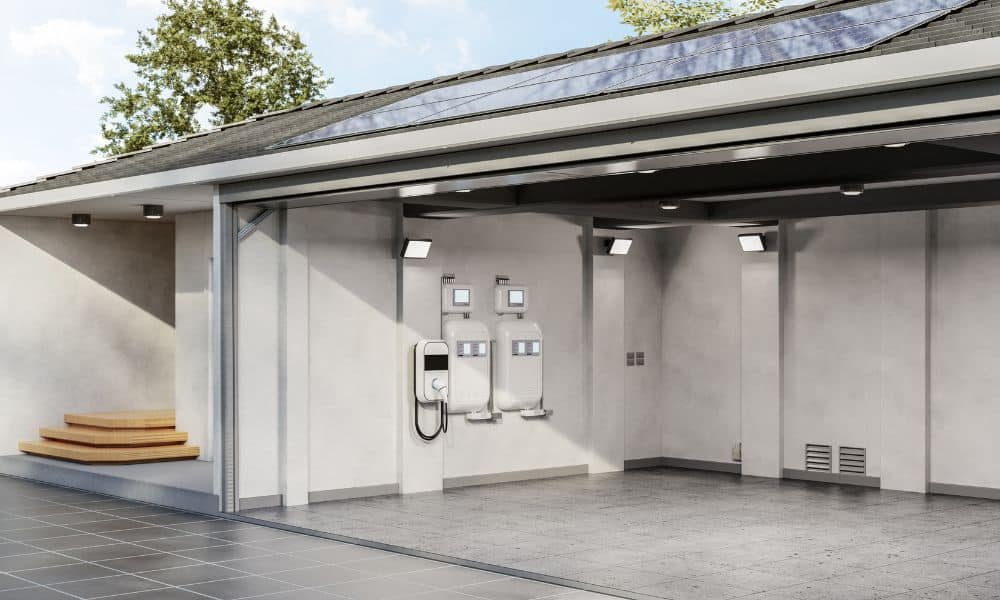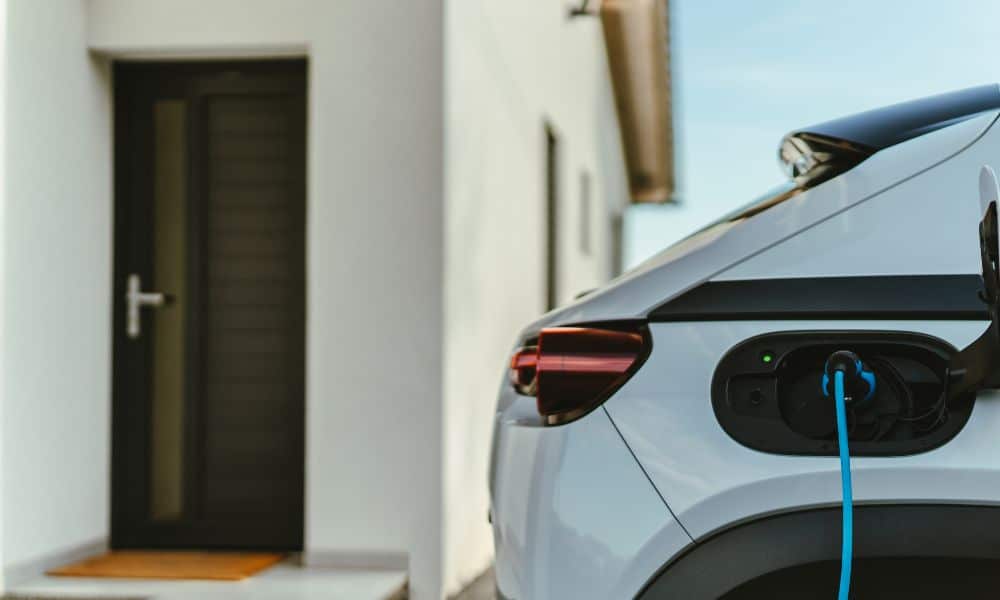Purchasing an electric vehicle (EV) beckons in a new way of approaching your daily commute. Many things need to be considered, including how and when you will charge your EV. Unlike internal combustion (ICE) vehicles, the source of your vehicle’s ‘fuel’ truly matters. Many people looking to purchase an EV are also considering the need for solar on their homes as they consider the financial and environmental impact of their EVs. Let’s look at whether solar is a necessity when switching to an electric vehicle.
The reasons why people are switching to EVs
It’s important to look at the underlying reason behind the purchase of electric vehicles in Australia. Here are some contributing factors behind the big switch to EVs:
- Environmental: Many Aussies are concerned with the ongoing environmental impact of ICE vehicles on Australia and the world’s climate. Moving to zero-emission vehicles drastically reduces an individual or family’s carbon footprint. It will also go a long way to reducing the world’s impact.
- Financial: While the average EV is slightly more expensive to purchase, ongoing savings are a major reason for purchasing an EV. With petrol and diesel price per litre hovering around $2.00, and the price per kWh of electricity averaging between 22.88c and 35.38c, there is a clear argument to be made for EVs. Like for like, a BYD Atto 3 (charged at home) will cost around $10 per week, or $526 per year, to charge. On the other hand, a Mazda CX-30 fuelled on E10 will cost $31 per week or $1597 per year to fuel. This is based on 30c/kWh for home charging and $2.00 for E10.
- Technological: There’s no doubt that many EVs feature some of the automotive industry’s greatest advancements in technology. This tech goes a long way to reducing collisions and increasing safety and also improves the driver and passenger experience. Autonomous driving is a feature found in a number of EVs on the market.
Understanding the reason for your purchase might determine whether installing solar is a necessity.
Ready to install an EV charger in your home? Check out some of the EV chargers available in Australia. Click to get a FREE quote to get one installed.
How solar works with electric vehicles
Most of us know how solar works; the electricity generated by your solar panels is used at the time it is fed into the home, sent to the grid when it isn’t, or stored in a battery for use later. So how can solar work with your electric vehicle?

There are 3 scenarios that stand to boost your EV purchase:
- Using the solar energy generated to power your EV: If you plug your EV into your home during daylight hours, the solar electricity generated will be fed directly to the vehicle.
- Offsetting your EV charging: If you’re not home to use the electricity generated by your solar system, charging at night will still benefit from solar. The savings from your solar panels, whether through using the electricity or receiving a feed-in tariff, will offset the cost of charging your EV
- Using battery storage to charge: If you’re not home during the day, you can charge your EV with the electricity stored in your battery. Your solar system will have replenished your battery for use when the sun isn’t shining.
All the above will serve to reduce the cost of charging your electric vehicle.
How much can I save on EV charging with a solar system?
On average, Australians cover a daily distance of 36.4 km. An average EV can travel approximately 6.5 km on 1 kWh of battery charge. Consequently, a daily energy requirement of around 5.6 kWh is necessary to charge your electric car using solar panels. Of course, many factors will influence this figure, including the make and model of your EV, the battery size, and the distance travelled per day.

Using 5.6kWh as our metric, let’s have a look at how a solar system can benefit your hip pocket.
Aussies now install a 9.5kW solar system on their home, on average. This size system will produce approximately 39kWh of electricity per day. This figure alone shows that a solar system is more than capable of charging your EV every day. BUT, 39kWh of electricity is generated during daylight hours. We know that most EV owners charge their vehicles at night.
Homes with solar AND and EV have two options: Either bank on the savings from the use/export of solar during the day OR install battery storage.
Based on information provided by Accenture and financial services firm Plenti, households can expect savings ranging from $7,500 to $12,400 over 15 years with an integrated system comprising an electric vehicle, solar panels, and a battery.
Should I get solar when I purchase an EV?
The simple answer is YES!
Whether you will install solar alone or with a battery storage system, it stands to benefit all EV owners to go solar. If your reason for purchasing an EV is environmental, financial, technological, or a combination, solar will only serve to boost your reasoning. Solar is unquestionably beneficial for the environment and your finances and will bring your home into the 21st century.
Begin your solar journey today with Energy Matters. We provide an absolutely FREE service for all of our customers. Energy Matters will connect you with local, trusted solar installers who will provide you with no-obligation FREE quotes for solar, batteries, EV chargers, and more. Make the switch now and go solar!














































